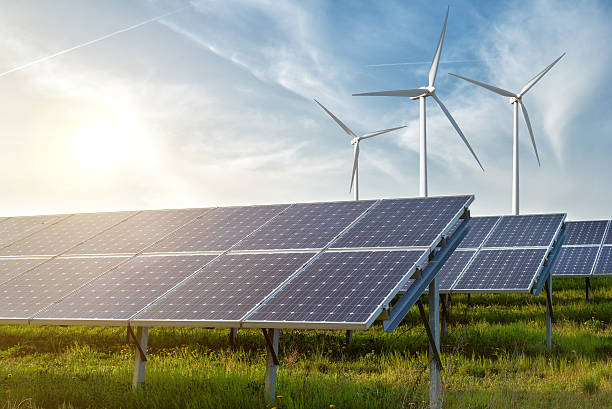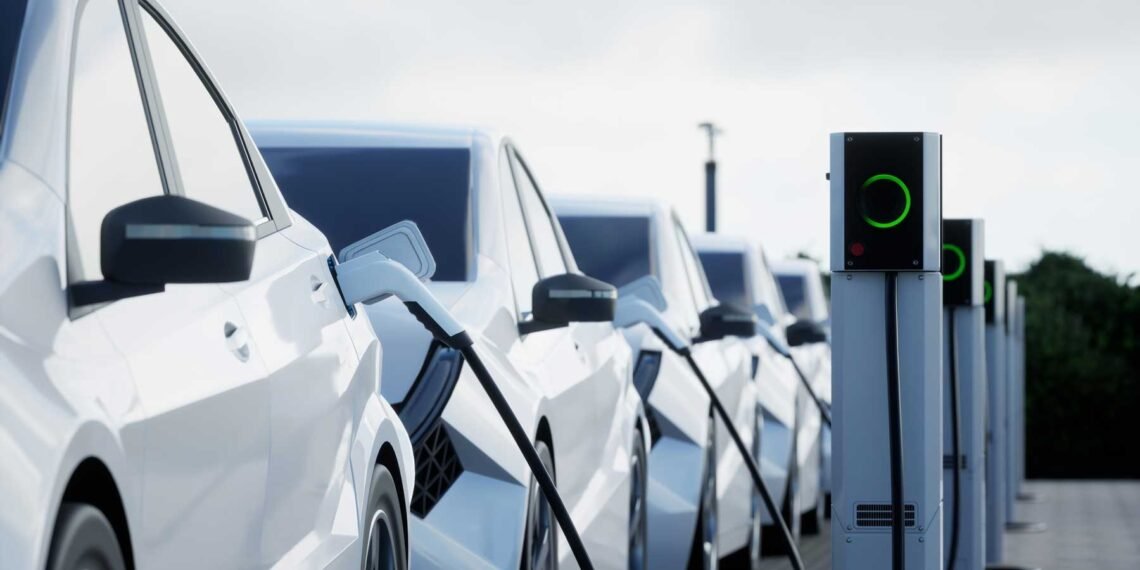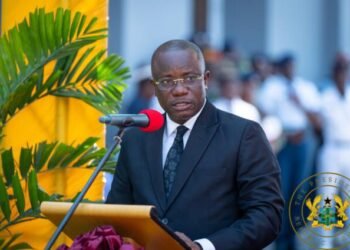The Government of Ghana is positioning the country as the regional leader in Electric Vehicle (EV) manufacturing and innovation, with a bold strategy focused on policy support, clean infrastructure, academic research, and international collaboration.
This commitment was reaffirmed at the launch of the KNUST-Hubei University of Automotive Technology International Joint Research Centre in Kumasi.
Speaking on behalf of the Minister for Energy and Green Transition, Hon. John Abdulai Jinapor, Mr. Seth A. Mahu, Director of Renewable Energy and Green Transition, said the partnership marks a pivotal step toward building Ghana’s electric mobility future.
“This centre will advance research in battery storage, vehicle design and grid integration – ensuring that our local knowledge ecosystem keeps pace with global trends.”
Mr. Seth A. Mahu, Director of Renewable Energy and Green Transition
The joint centre, established between Kwame Nkrumah University of Science and Technology (KNUST) and China’s Hubei University of Automotive Technology, aims to boost Ghana’s intellectual and technical capabilities in the EV space, laying the foundation for homegrown innovation and industrial capacity.
At the heart of the government’s electric mobility agenda is a robust plan to expand Ghana’s EV charging infrastructure using clean energy.

According to Mr. Mahu, the ministry, in collaboration with the Energy Commission, is spearheading the rollout of solar-grid hybrid EV charging stations.
“With Ghana’s abundant solar potential, our future charging infrastructure will not just be functional it will be clean, decentralised and smart.”
Mr. Seth A. Mahu, Director of Renewable Energy and Green Transition
The government plans to deploy at least 100 rapid-charging stations across the country within the next five years. These stations will complement existing home and workplace charging systems, ensuring nationwide accessibility.

“We are creating the right policy environment for both local and international investors.
“Incentives for EV importers, fiscal support for component manufacturing, and enabling infrastructure are all part of our roadmap to attract capital and expertise.”
Mr. Seth A. Mahu, Director of Renewable Energy and Green Transition
The government also aims to support Ghanaian entrepreneurs across the EV value chain – from battery recycling and component assembly to vehicle manufacturing.
“Accelerating the transition from semi-knocked down (SKD) to completely knocked down (CKD) assembly is vital to increasing local content and creating sustainable jobs.”
Mr. Seth A. Mahu, Director of Renewable Energy and Green Transition
Renewable Energy for Sustainable Mobility

Recognising the symbiotic relationship between EV expansion and energy sustainability, the government is addressing Ghana’s broader power needs to support electric mobility.
Over the next five years, 1,400 megawatts (MW) of renewable energy are expected to be added to the grid. This will be supported by more than US$2 billion in green investments.
In a direct call to international investors, particularly Chinese partners, Mr. Jinapor urged participation in Ghana’s EV value chain.
“This forum must be a bridge between Ghana and China – between ideas and implementation, ambition and achievement.
“In five years, we should be able to tell bold stories of growth and transformation in the EV space.”
Mr. Seth A. Mahu, Director of Renewable Energy and Green Transition
He also issued a challenge to KNUST and Hubei University to ensure the partnership yields measurable results in skills development, technology transfer, and industrial output.

“The partnership must lead to real innovation, real production lines, and real breakthroughs that will redefine the future of mobility in Ghana and Africa.”
Mr. Seth A. Mahu, Director of Renewable Energy and Green Transition
As global automakers and energy companies pivot toward electrification, Ghana’s proactive steps signal a long-term commitment to a cleaner, more resilient energy and transport future.
With coordinated investments in infrastructure, industrial capacity, and human capital, Ghana is not only aiming to reduce its carbon footprint but to emerge as a leader in Africa’s EV revolution.
READ ALSO: Mastercard and Access Bank Unveil Innovative Age-Segmented Card to Empower Ghana’s Youth























